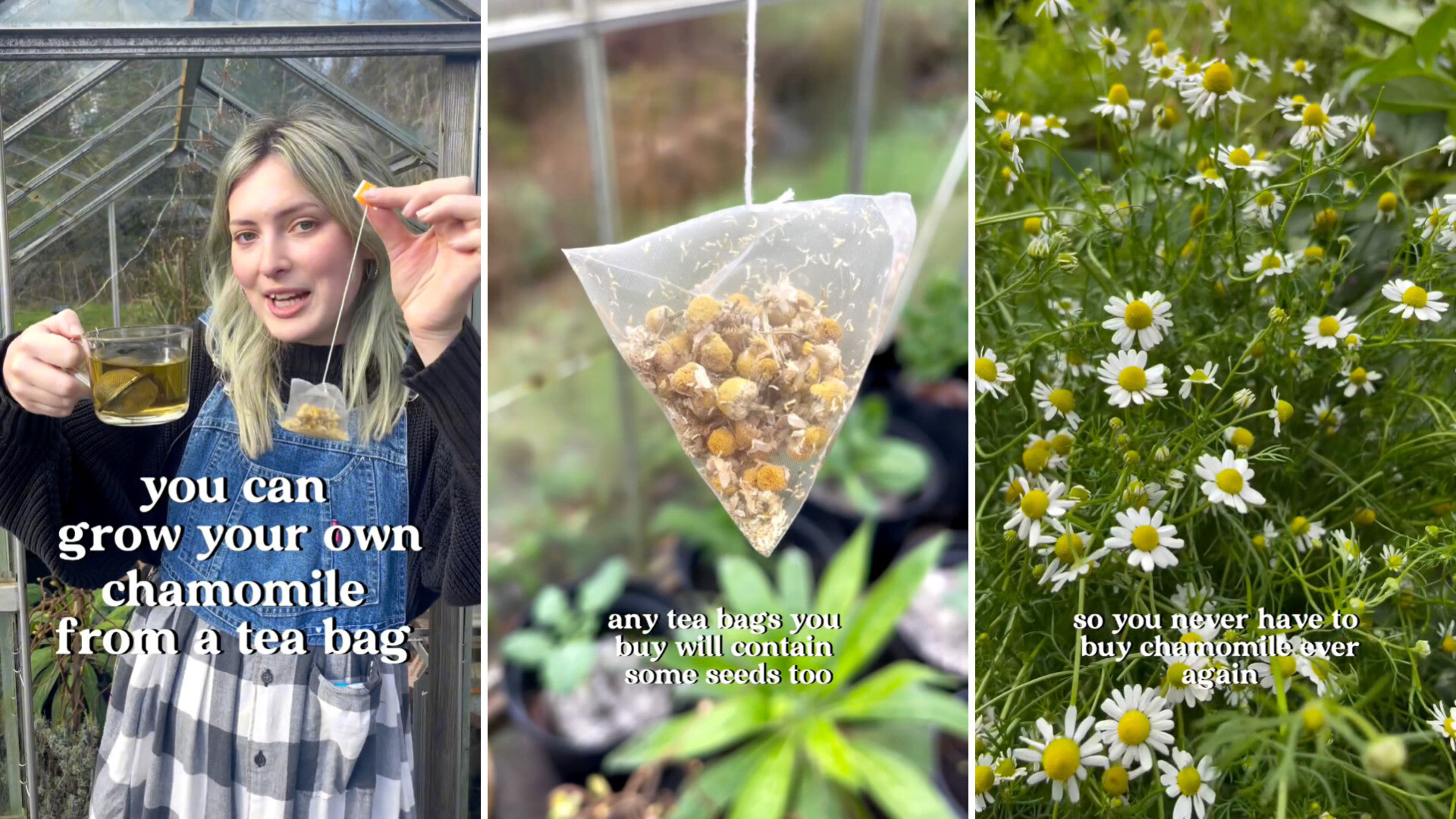Garden enthusiasts are receiving important advice about how to properly compost used teabags, a common item found in many households. Experts recommend that gardeners tear open the bags and add only the raw tea leaves to their compost heaps to prevent plastic contamination.
The Benefits of Composting

Composting is an effective way to enrich gardens year-round by transforming kitchen waste—such as potato skins, carrot trimmings, and banana peels—into nutrient-rich compost. This process not only enhances plant growth but also results in larger, healthier fruits and vegetables, along with vibrant flowers.
Starting a compost heap can be simple and cost-effective. Gardeners can utilize a basic plastic bin or invest in more advanced options like wooden composters, multi-opening ‘hot bins,’ or other stylish solutions. For those working within a budget, even an old bin with a lid will work well, provided air holes are added to facilitate decomposition.
Teabags: A Composting Hazard

However, when it comes to adding teabags to compost, caution is advised. Many popular teabag brands on the market today contain plastic materials, which do not decompose and can lead to plastic residue contaminating the compost. These residues may leach harmful chemicals into the compost, posing risks to both plants and soil health.
In light of this, the Express reports that it is essential for gardeners to first tear open teabags before disposal. The contents—the raw tea leaves—can then be directly added to the compost, while the teabag itself should be disposed of separately.
Clarification from Yorkshire Tea
Yorkshire Tea has addressed concerns regarding their teabags, clarifying that they do not label their product as “plastic-free.” The company stated, “PLA tea bags are sometimes called ‘plastic free’, but we’ve never used that label,” emphasizing the importance of proper disposal methods. They refer to guidance from WRAP, the organization behind the UK Plastics Pact, which advises against considering plant-based plastics as entirely free of plastic content.
For eco-conscious consumers, Yorkshire Tea suggests a simple solution: “You can snip open your used tea bags, compost the tea inside at home, and put the bag itself in your refuse bin.” If tearing open the bag is not preferable, the company recommends placing the entire teabag in the refuse bin instead.
Industry Standards and Guidance
The issue of plastic in teabags has raised significant concerns among environmental advocates and consumers alike. According to Which?, a consumer advocacy magazine, traditional tea bags have been sealed with a plastic material known as polypropylene. This plastic is used to ensure that the bags hold together in hot water. While only small amounts were typically used, the sheer volume of tea bags consumed in the UK has contributed to a considerable amount of plastic waste.
Supporting this perspective, the UK Tea & Infusions Association has also provided guidance for responsible composting practices. They advise gardeners to rip open teabags before placing the used tea leaves onto their compost heaps and to dispose of the paper from the teabag separately in their landfill bin to avoid contributing to plastic pollution.
Conclusion

As awareness grows around sustainability and eco-friendly gardening practices, it’s clear that simple steps can significantly impact our environment. By adhering to the advice of experts and organizations, gardeners can contribute to healthier compost and ultimately more robust gardens while reducing plastic waste.
